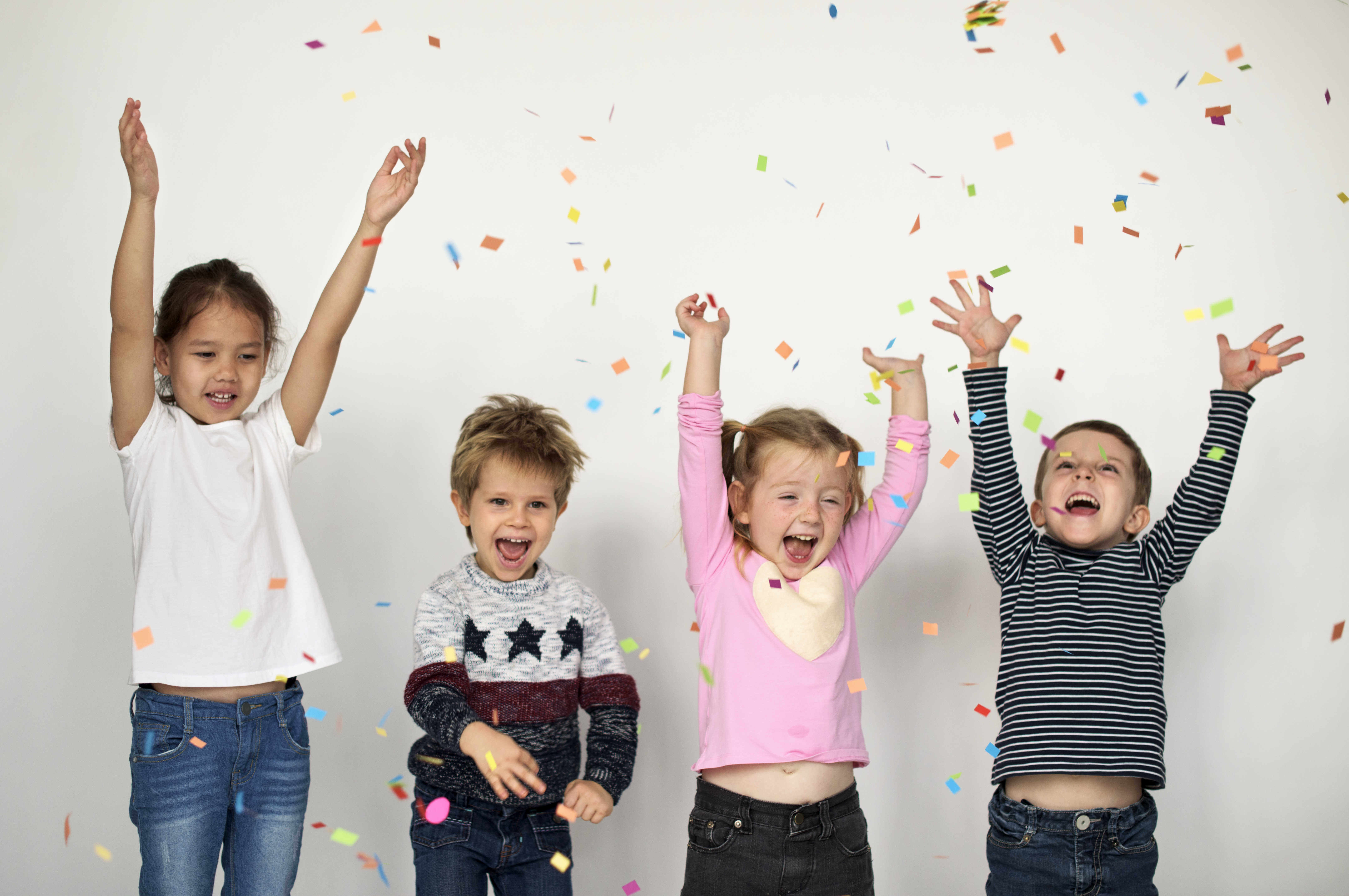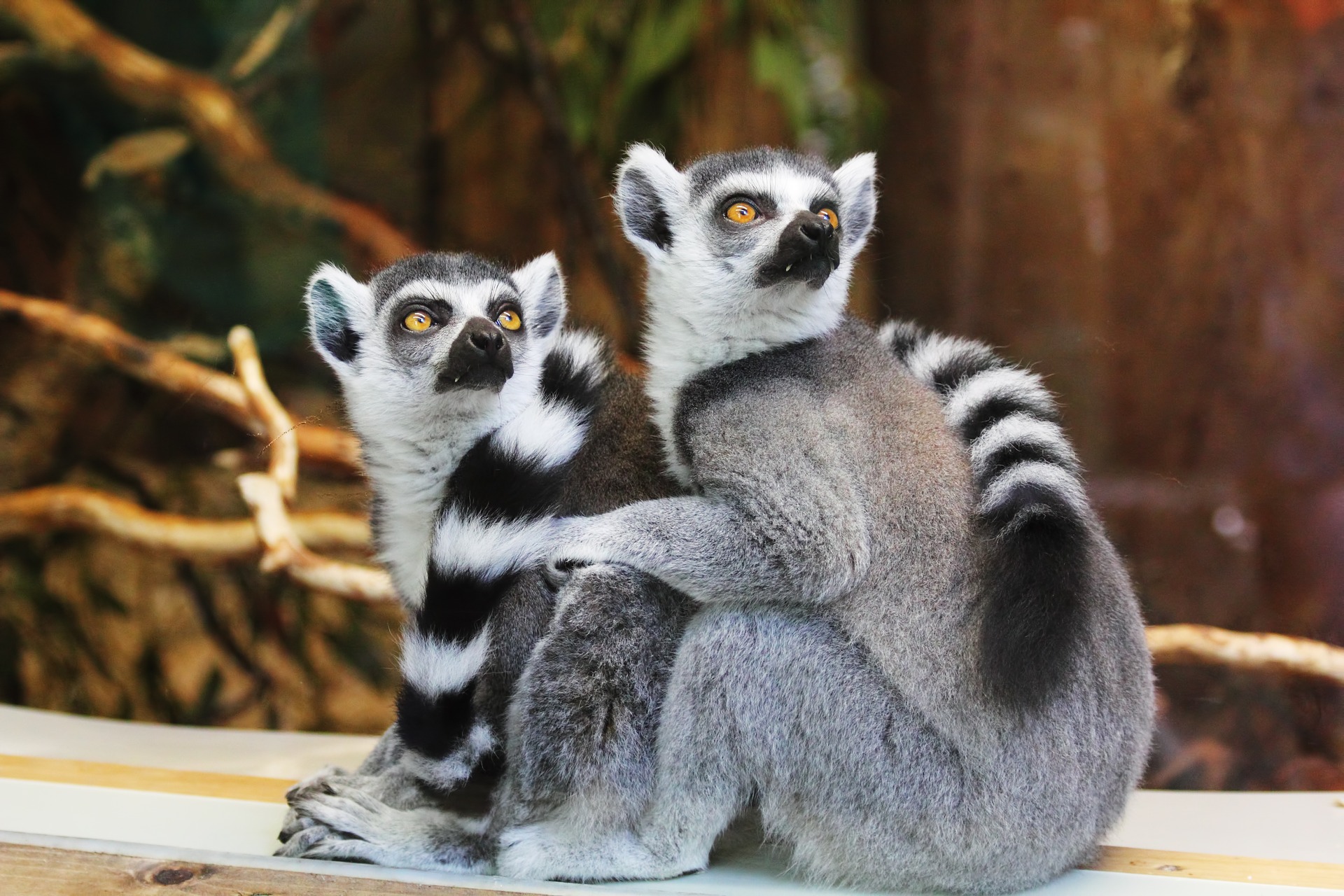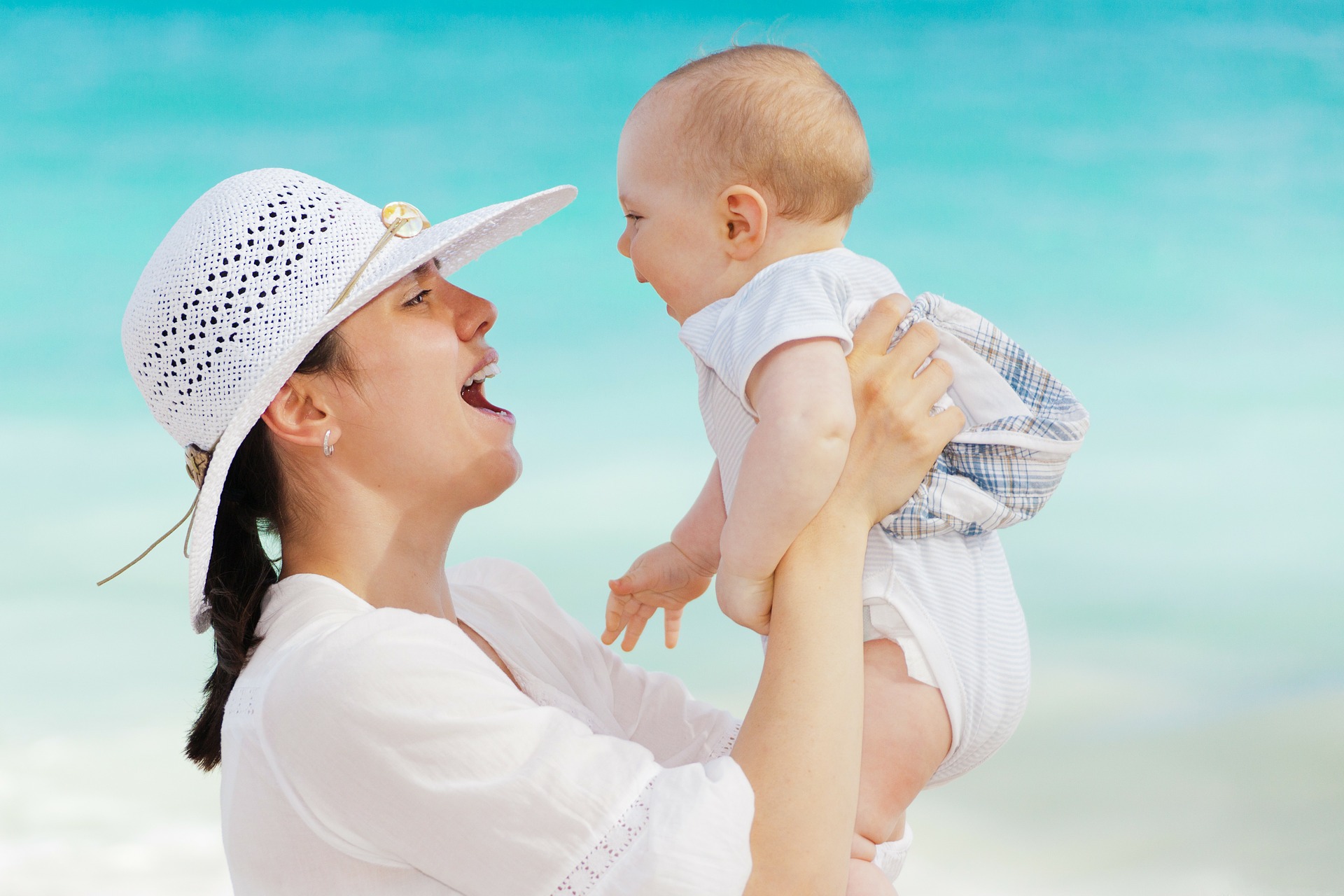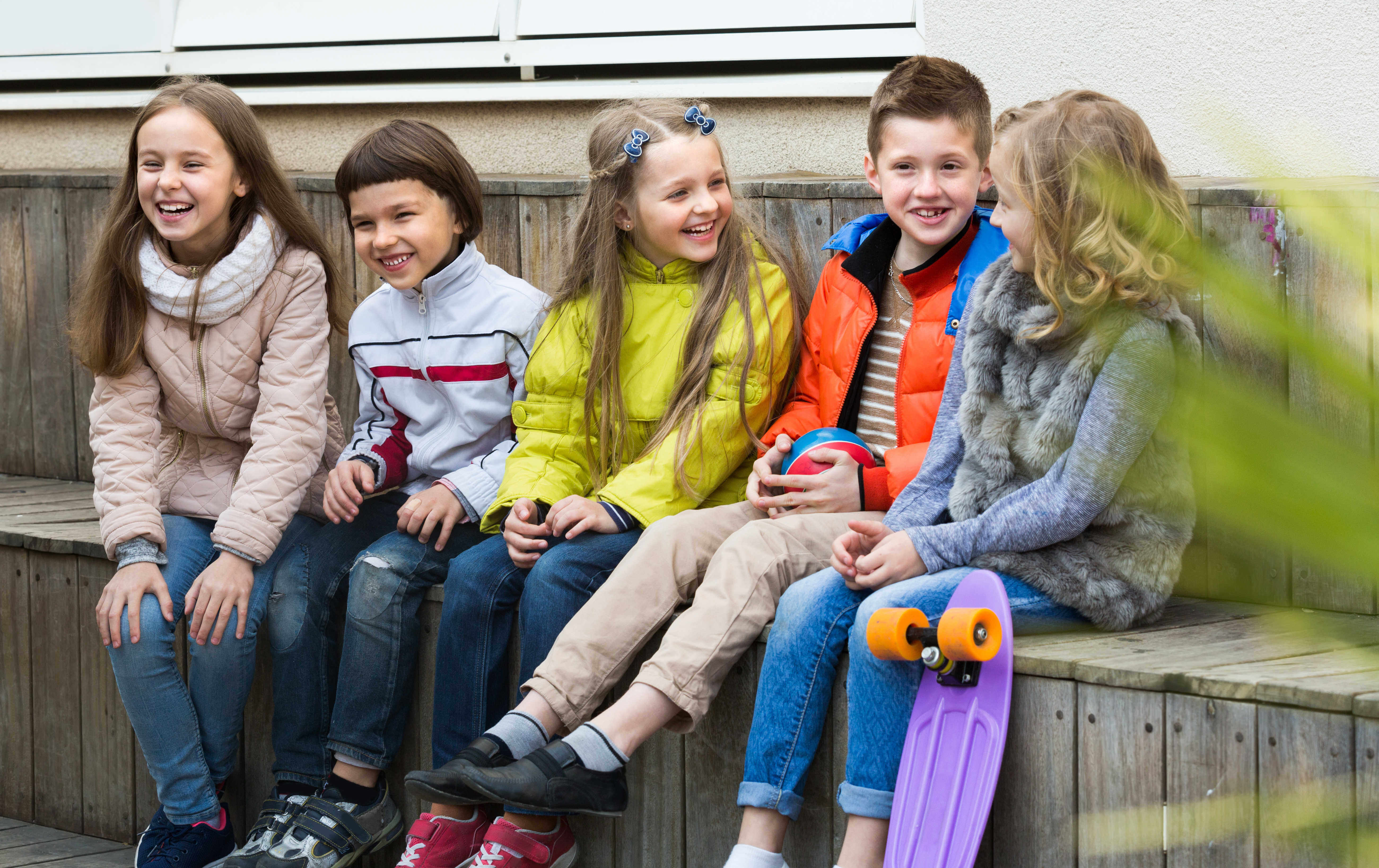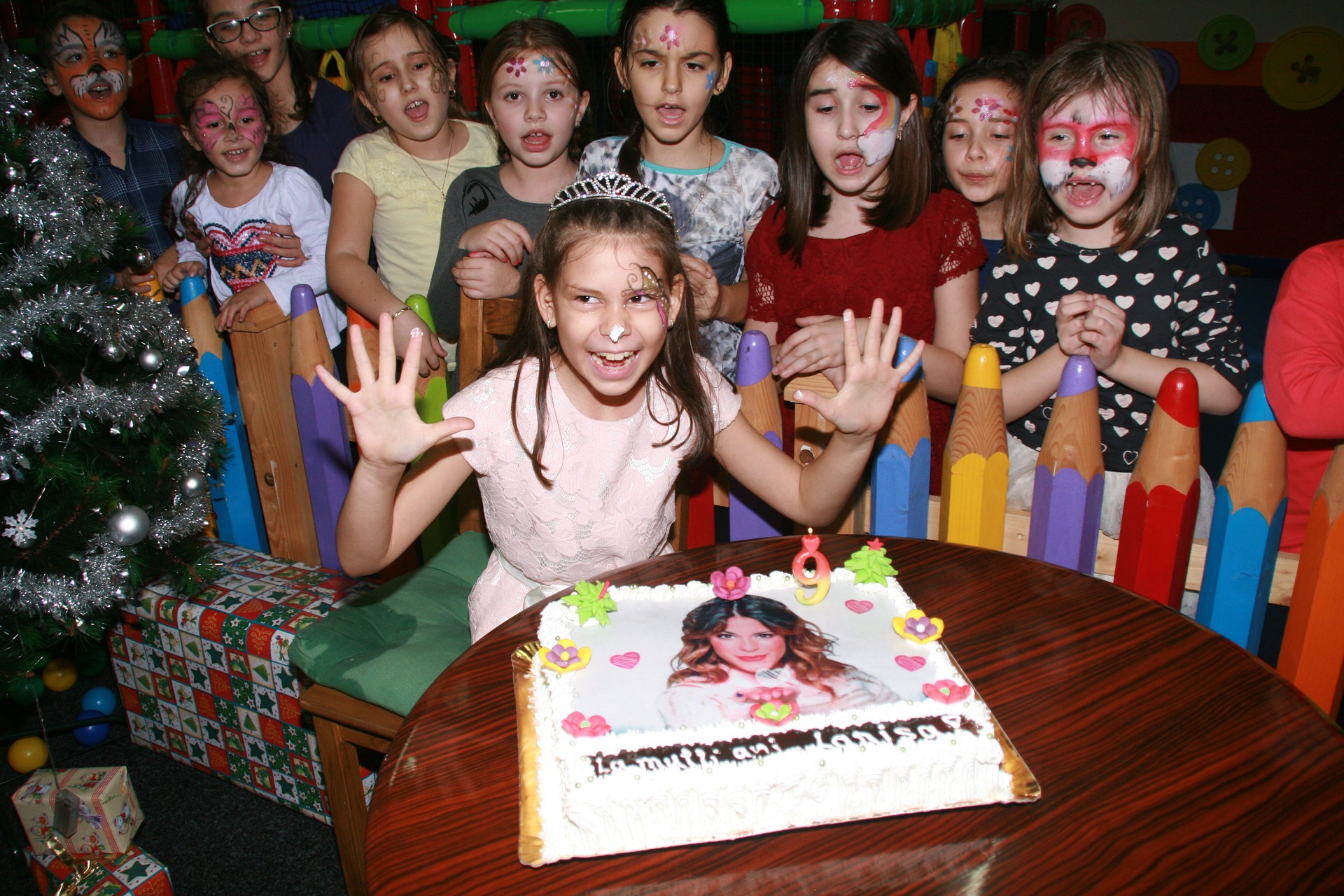It’s a lot of work throwing birthday parties for your kids. As much fun as it is for your children to have all their friends over, it can be a pain to set everything up and clean up messes left behind from the games and food. It’s also very possible that your kids will grow bored with the same venue and the same games each year.
You’ll be happy to know that there are plenty of venues in your neighborhood that can serve as the next spot for the occasion. If you know where to look, these spots provide a variety of games and chances to develop their creative skills. Here are the best locations to consider for your child’s next birthday party.
Arcades:
It can be quite a challenge to keep kids occupied while you’re preparing meals and party games. That won’t be a problem if you take the kids to an arcade, which provide lots of games they’ll have a blast playing. There are racing games, basketball hoops, obstacle courses, and other chances to win tickets that help them buy some toys at the end.
While the arcade handles most of the entertainment, you can also book a magician or costumed character from a service like Clown 4 Kids, who can show off neat tricks while the kids take a pizza break. Once these professionals are done with their shows, the kids can get back to their games.
Arts and crafts studios:
If you want to give your kids a chance to work on their creative skills, then you should look for an arts and crafts studio in town and reserve an afternoon for a birthday party on the weekend. These spots let your kids show off their drawing and painting skills, and take something home that you can proudly hang up on the refrigerator.
We advise picking a studio that isn’t too far from your kid’s favorite restaurants. This saves you time and money on traveling, and it gives your kids more time to work on their projects. If you want your kids to have more options for what they can put together, then find a studio that lets them work on vases, plates, and other materials.
Bowling:
When it comes to keeping the whole party in one place, one of the most reliable venues is the local bowling alley. The kids won’t have to spend much energy compared to playing basketball, baseball, or other sports, and it can become a new hobby for your kids so that they don’t spend their weekends at home too much. These spots also tend to provide lunch if you’re having a party in the afternoon.
Some bowling alleys also have other games for kids to participate in, such as batting cages (which are great if your child loves baseball) and arcade games. If your kids are younger, make sure to keep the pumpers up so that they always manage to knock a few pins down.
Zoos:
If your son or daughter loves animals, then they’ll appreciate you taking them someplace where they can see creatures that they wouldn’t be able to spot in the backyard. Zoos are home to animals from all around the world, including tigers, gorillas, bears, elephants, lions, and rhinos.
It’s best to pick a weekend that’s expected to have good weather so that you don’t show up and find that all of the animals are hiding in their shelters (and you’ll be stuck outdoors in the rain, too). These spots also come with educational programs for the kids to participate in, so that they can learn more about the animals.
Amusement parks:
Some children have an easier time adjusting to the more thrilling activities out there than others. By taking the kids to an amusement park for their birthday, they can experience however much excitement they’d like on their special day. Whether you choose one of the big names like Six Flags or Universal Studios or you to stick with a more local park, the kids won’t be short on options for a fun time.
There are always lots of rides for the kids to go on since some of them might be too young or small to go on the roller coasters. The restaurants at the park will also ensure that the kids have a variety of food to choose from, including burgers, pizza, hotdogs, and ice cream.
Read Also:













